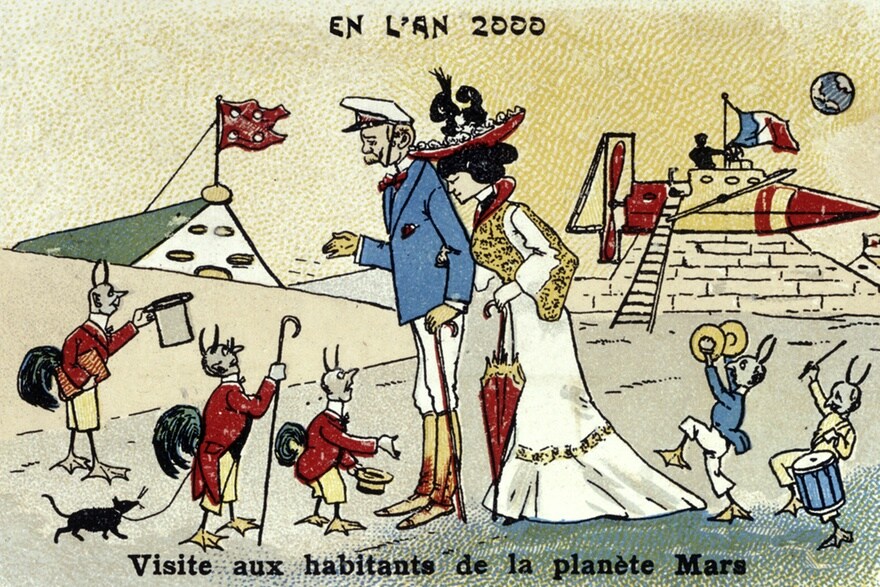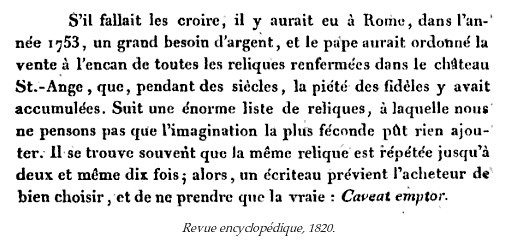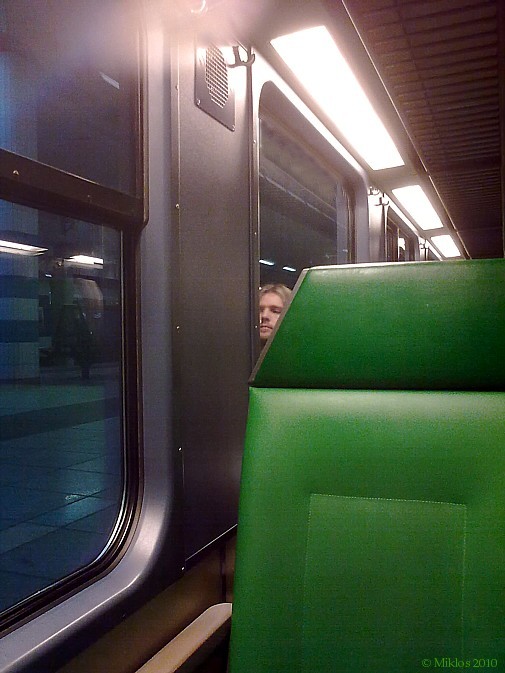« Danser à l’ombre de la potence » : le remarquable destin d’une femme extraordinaire
C’est le titre d’un documentaire sur Alice Herz-Sommer, réalisé par alcolm Clarke, qui ne peut laisser indifférent. Née en 1903 à Prague, elle y devient pianiste. En 1943, elle est déportée avec son fils Rafael à Terezín (où son frère, le violoniste Pavel Herz, sera déporté plus tard, tandis que son mari, Leo Sommer, violoniste lui aussi, mourra à Dachau peu avant la fin de la guerre). Ses parents avaient, eux, été déportés plus tôt. “Sometimes it happens that I am thankful to have been there. Because this gave me a… I am richer than other people. My reaction on life is quite another one. All the complaints, ‘This is terrible!’, it’s not so terrible.” Elle dit aussi : “I never hate and I will never hate, dit-elle. Hatred brings only hatred!”
Pas si terrible que ça ? Effectivement : la ville-forteresse de Terezín, transformée en camp-ghetto modèle pour les besoins de la propagande nazie à l’intention du monde libre, était bien moins pire que les destinations finales des quelque 90 000 de ses malheureux internés : Auschwitz, Treblinka, Sobibor… Ce n’était qu’une façade superficielle, qu’un décor du sinistre spectacle que la Croix rouge a gobé si volontiers : banque, magasins, café, jardins d’enfants, plates-bandes fleuries… Tout était faux, jusqu’aux robinets des bains publics, accrochés aux murs sans aucune tuyauterie derrière. Il aurait suffi d’essayer d’en ouvrir un pour le constater.
Elle y donnera plus d’une centaine de concerts et de récitals : Beethoven (un de ses compositeurs favoris), Chopin, Schumann, Brahms, Smetana, Debussy… “Beethoven: he is a miracle. His music is not only melody, what is inside! How it is filled, how it is full, it is intensive!”
Son intérêt pour la musique contemporaine de son époque – Viktor Ullmann (lui-même emprisonné à Terezín, où il composera entre autres l’opéra L’Empereur de l’Atlantide, et sera ensuite transféré puis gazé à Auschwitz), mais aussi par exemple celle de Pavel Haas, élève de Leoš Janácek, et lui-même déporté en 1941 à Terezín (où une de ses œuvres fut créée sous la direction de Karel Ancerl) puis assassiné à Auschwitz – lui venait entre autres l’un de ses maîtres, Eduard Steuermann, qui avait été élève de Schoenberg. Rafael, le jeune fils d’Alice (qui survivra, lui aussi), chantera dans l’opéra pour enfants Brundibár de Hans Krása, qui finira lui aussi assassiné en 1944. “I felt that this is the only thing which helps me to have hope, it is sort of religion actually. Music is… music is God. In difficult times you feel it especially, in suffering.”
Le 7 février 1945, elle y donne un récital consacré entièrement à des œuvres de Chopin. Un critique musical anonyme, qui s’attendait à rentrer chez lui à Munich sous peu, écrit :
The art-loving Theresienstadt stood last night, February 1945, under the sign of a great Chopin-evening by Mrs. Herz Sommer. I have heard Raoul Koschalski, student of [Anton] Rubinstein, whose Master was Chopin himself, and still I dare to make a comparison. When France calls her great tragedienne, Sarah Bernhardt, the “Divine Sarah”, why shouldn’t we call the great interpreter of Chopin, Mrs. Herz Sommer, Chopin’s “Divine Mirror.” Obiously, one speaks of heavy and delicate ways of playing Chopin’s works; however, these two types so intertwined in one person have never reached my inner ear in the manner of the powerful interpretation by Mrs. Herz Sommer. (…)
The unusual large format of her playing, which grabs powerfully the soul of the listener, lies, first of all, in the diction of her musical language, which rouses every soul and thrusts upon it her own individual understanding. Her wonderful playing pulls out the registers of melancholy, passion, and powerful happening like the captivating charm of the French temperament, precisely those qualities which are embodied most significantly in the ailing nature of the composer.
Cité par Joža Karas, Music in Terezín 1941-1945.
Pendragon Press, 1990.
“It was moral support, it was not entertainment, as most people think that we were having fun, it had much bigger value”, dit une de ses amies violoncelliste et compagne d’infortune.
Elle joue chaque jour au piano, matin et après-midi, dans son petit appartement au nord de Londres. Il arrive que des gens s’arrêtent dans la rue, sous ses fenêtres, pour l’écouter. “My world is music. I am not interested in anything else.”
Mais elle ajoute : “I love people, I love everyone. I love people! I love to speak with them, I am interested in the life of other people.” Elle est entourée d’amis fidèles qui s’intéressent à sa vie à elle, si intense, si remplie, si pleine – pour reprendre les qualificatifs qu’elle attribue à Beethoven et l’on comprend alors la profonde affinité qu’elle ressent avec sa musique – “Phenomenal!”
Elle a un visage lumineux. Elle rayonne. Elle rit. “I was always laughing, even there I was laughing.” Puis : “I was born with a very, very good optimism. This helps you. When you are an optimist, when you are not complaining, when you look at the good side of our life, everybody loves you.”
Elle a 106 ans. “Only when we are so old, only, we are aware of the beauty of life.”

Ce documentaire sera achevé l’année prochaine. Entre temps, on peut lire avec intérêt un entretien qu’Alice Herz-Sommer avait accordé il y a quatre ans au Guardian, où l’on en apprendra un peu plus sur sa jeunesse et sur sa vie après la guerre.

Le 25 février 2014. – On vient d’apprendre le décès d’Alice Herz-Sommer à Londres, le 23 février 2014. Elle était âgée de 110 ans.




